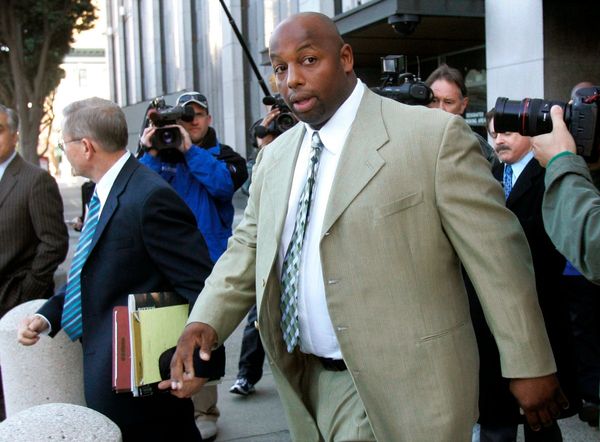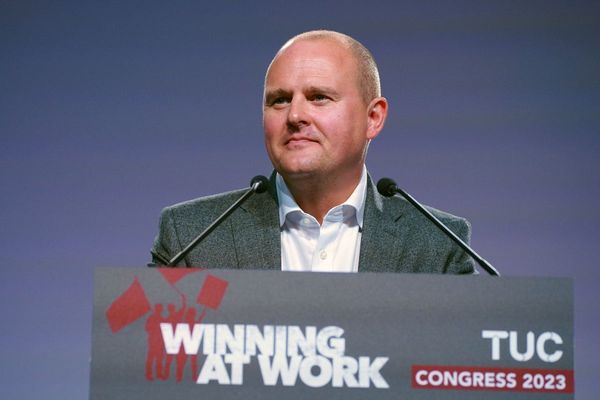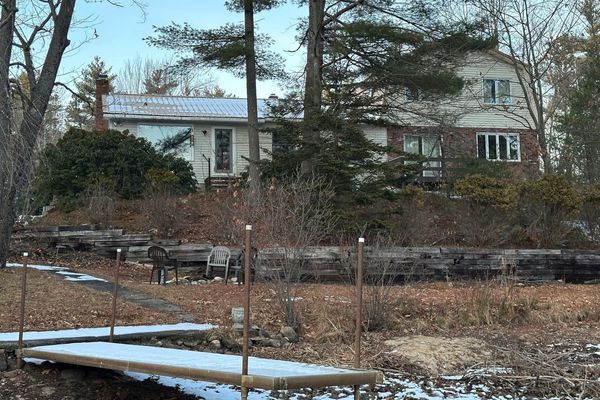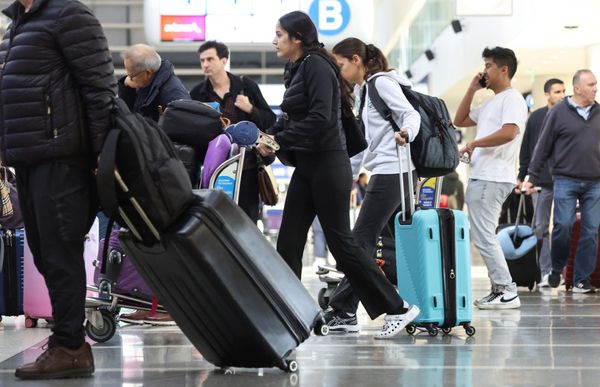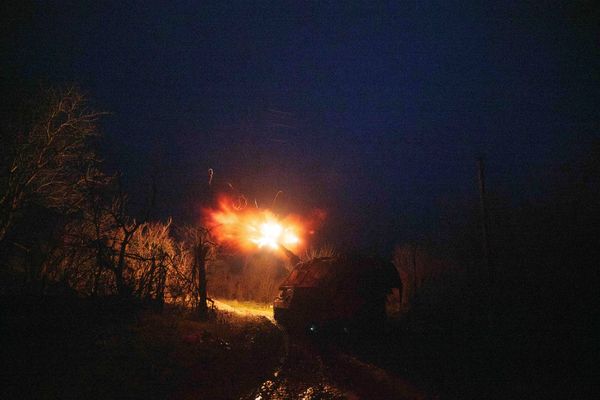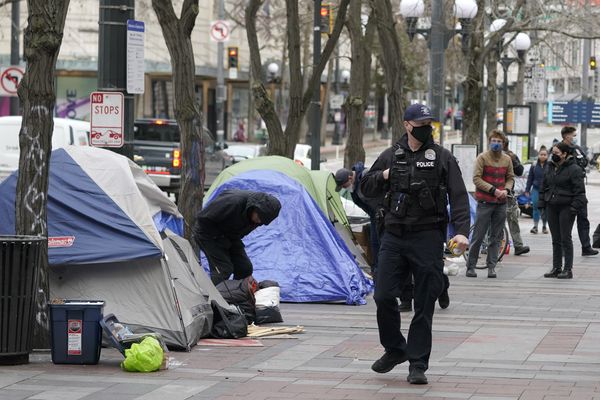
Sun, sea and sand might be among Australia’s finest selling points but this combination comes at a cost, given the country is also the driest inhabited continent in the world.
With a drop in average annual rainfall in recent years, ominous climate change projections and an ever-increasing population, the federal government has begun releasing billions of dollars in funding to help realise the water infrastructure required to support the growth of regional economies.
But it’s not just the government looking to optimise and conserve water use and make more resilient cities. The commercial sector has also been addressing water efficiency with various approaches. At one end of the scale, some are looking at ways to produce drinking water from waste. Another approach goes beyond self-sufficiency in terms of water use, aiming for net positive water.
The concept of being truly net positive water is contentious, but Veolia’s regional energy manager and project manager, Matthew Lee, explains it as “exporting more treated water from a site than the amount of potable water taken in”.
Lee is working to make Lendlease’s Barangaroo South development in Sydney (consisting of three main commercial towers, three 10-storey residential buildings, and several multi-use buildings) net positive water. This is part of the property group’s ambitions to make the project the country’s first large-scale carbon neutral community. The project is also committed to the C40 Cities-Clinton Climate Initiative’s Climate Positive Development Program.
The managing director for Barangaroo South at Lendlease, Andrew Wilson, describes the project as a “petri dish to test ideas that will help define the future of the build environment … and ensure we leave a positive legacy for the community”.
But how do you actually create more water? In the case of Barangaroo, all water used and produced on the site will be recycled; the usual greywater and blackwater will be captured from toilets, showers, laundries, waste rooms and restaurants, while additional water will be pulled from rainwater harvesting, cooling tower backwash, and – during times of low load (i.e. night time) – from water mined from Sydney Water’s sewer main.
Lendlease expects that up to 500,000 litres of potable water a day will be used at Barangaroo South once it is completed, with the recycling plant producing up to 1m litres of recycled water a day.

Lee explains: “There’s a common basement area running under the development and the recycling water plant is housed in there. The technology used there isn’t anything new. It’s your usual water recycling steps: screening and filtering; biological processing; membrane processing; UV sterilisation; and chlorination – but it’s putting it all together and co-ordinating it with the water capture of mains water, interconnections with the trade waste and sewer, and connecting up the recycled water mains to export that is the new and more complex part.”
Now in the commissioning phase, the water treatment plant is expected to be operational in October 2016. However, although the plant will begin recycling and producing recycled water for use on site immediately, it cannot become net positive water until customers commit to take on the treated water too.
Lee says: “The connection between the precinct and the outside is done, but it’s not connected up to anything yet. What we need are external customers to want to use the water.”
Although there are no agreements in place yet, the City of Sydney is helping to promote the use of recycled water by building a ring main that can connect businesses to Lendlease’s recycled water system. There are also plans to export recycled water to new buildings nearby, such as the Crown Sydney Hotel Resort and One Sydney Harbour, due for completion in 2021.
If no one signs up to use the recycled water, the development will not be net positive water but “net positive water ready” – as is the case with several other developments in Australia, such as Flow System’s water recycling plant in Sydney’s Central Park. The precinct will continue to use the recycled water on site.
But Lee believes this is unlikely. “This is not some crazy idea that won’t happen. When you recycle water to the level we are, it’s attractive to use in things like commercial cooling towers, because it has a lower salinity level than potable water and doesn’t need to be refreshed as often [thereby reducing corrosion]. So we think there is a good market there for our recycled water.”
He says this type of net positive water project is “very transferable and scalable”, but concedes there are several barriers that may deter less sustainably-minded businesses from taking on such a scheme.
“Building a water treatment plant is a significant cost … more than $10m for a plant of our size,” he says.
“If you didn’t have a large precinct looking for that carbon neutral/net positive water/sustainability tag, there’s little incentive to do it. It’s not necessarily going to make a development more profitable, because there aren’t any financial incentives or rebates from government to do so [there are currently no national water efficiency measures for commercial buildings], and the cost of potable water is still relatively inexpensive.
“In order for net positive water to become the norm, we have to stop undervaluing water. If the price of potable water was more, and government provided incentives to be net positive water, it would start to drive the economics of doing this.”
